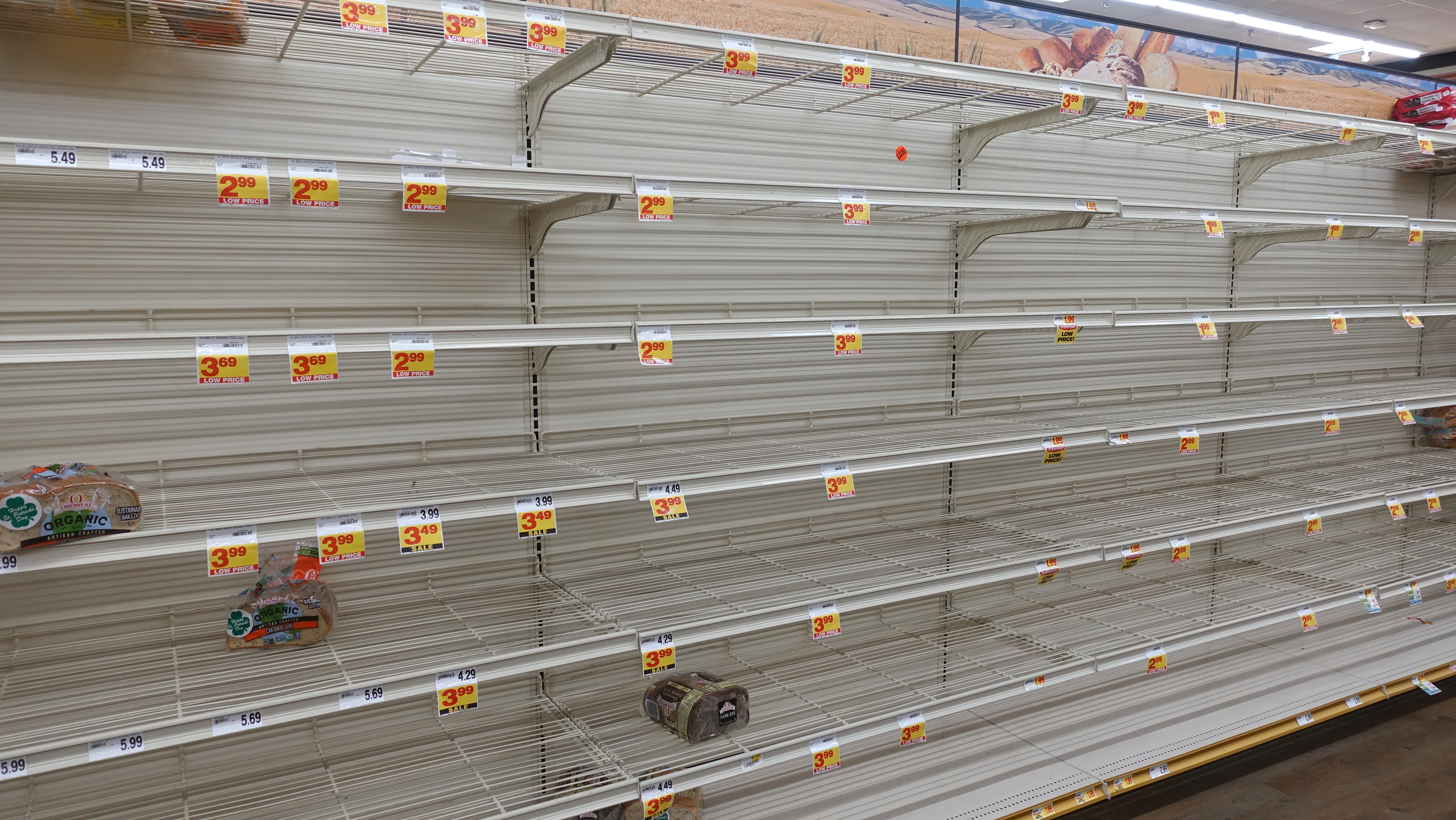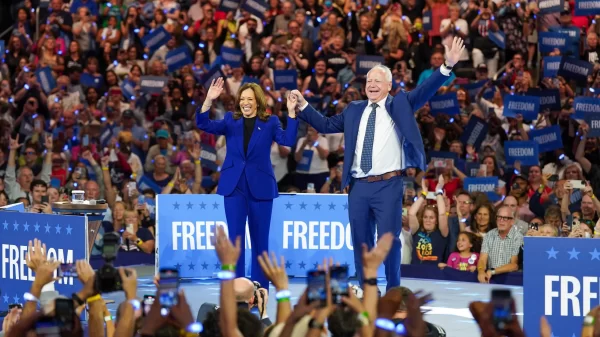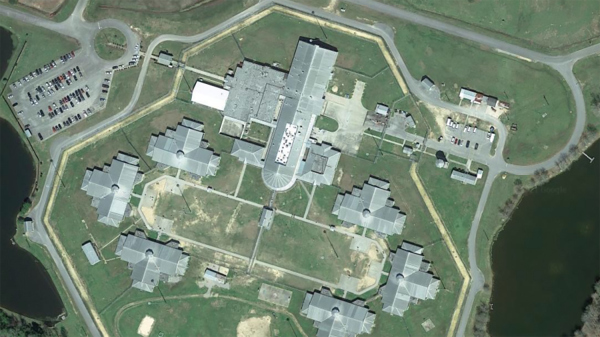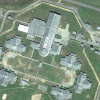Grocery shelves are empty, no milk, toilet paper or eggs, and even grass-fed beef that sells for nine-dollars a pound is gone.
But that’s not because there’s a lack of food, it’s because people are making panic-purchases and hoarding.
We are better than that.
“There’s plenty of food and plenty of things in the supply chain,” Kroger CEO Rodney McMullen told the Cincinnati Enquirer. “And as long as customers just buy what they need and don’t hoard, there will be no problems at all – there’s plenty of food in the supply chain.”
Earlier this week, State Health Officer Scott Harris also urged Alabamians not to panic buy.
“First of all, just remember to be prepared, but there’s no advantage to being over-prepared,” he said. “There is no shortage of food. There’s no shortage of things other than temporarily for paper products, as we all know about, but we have no concerns or issues that people won’t be able to access food if they need it. I would say in any type of closure activity throughout the world grocery stores have been exempted from that. And it would be no different, in this state as well. Grocery stores have to remain open because people have to be able to access that food.”
While self-preservation is a basic human instinct, this is not a time to return to our baser nature.
But now is a time for those who profess faith to remember the words of the psalmist who said, “I have been young, and now am old; yet have I not seen the righteous forsaken, nor his seed begging bread.”
There is food, but those who choose to purchase mass quantities of unneeded food and supplies are making it difficult for everyone who is on a tight budget or practicing restraint. There is no reason for anyone to buy more than they need, to do so is to ignore the idea of shared responsibility and community.
Grocery store workers are putting themselves on the frontline of the COVID-19 battle by assisting customers, stocking shelves and cleaning the facilities, a thankless job for the wages they earn. Over-buying places a heavier burden on those workers and also threatens their well-being while taxing the entire food pipeline.
Hoarding may help one family, but it will hurt many others. This is not the way Americans and Alabamians should behave.
Even in a time of social distancing, every citizen should remember they are apart of a broader community and not an island unto themselves.
Total stocks of chicken were up 12 percent from last year, according to the Department of Agriculture. Frozen pork supplies are 11 percent higher than last year and shares of pork bellies were up 32 percent from last January. There is plenty of American and Swiss cheese, but its caught in a supply chain that didn’t anticipate people losing their minds.
For example, total red meat supplies in freezers were up 5 percent from the previous month and up 3 percent from last year according to the USDA, but still, the meat aisles are empty because some people are buying more than they need.
Kroger, the largest supermarket chain in the U.S., has hired more than 2,000 workers in the last week to keep up with increased demand from the COVID-19 outbreak.
Amazon, the world’s largest online retailer, is hiring 100,000 new workers to keep up with demand, especially for basics, like food and household supplies.
Kroger and Amazon are just two examples of companies stepping up, so that essential needs are being met.
Not hoarding is a way of respecting our neighbors and those who work in warehouses and grocery stores.
Indeed, it can feel like a gripping moment of uncertainty. Doing things that makes us feel safe is reasonable enough, but when it causes us to forget that we are all in this together, it leaves us all more vulnerable.
Self-sacrifice, a sense of shared burden, is the hallmark of a great society.
Anxiety, panic and fear are soul killers diminishing our ability to function much less contribute our talents and labor for the greater good.
We are better than our fears, so we can ride out this present storm with hope for tomorrow because tomorrow will surely come. In the meantime, stay calm and stop hoarding.





















































